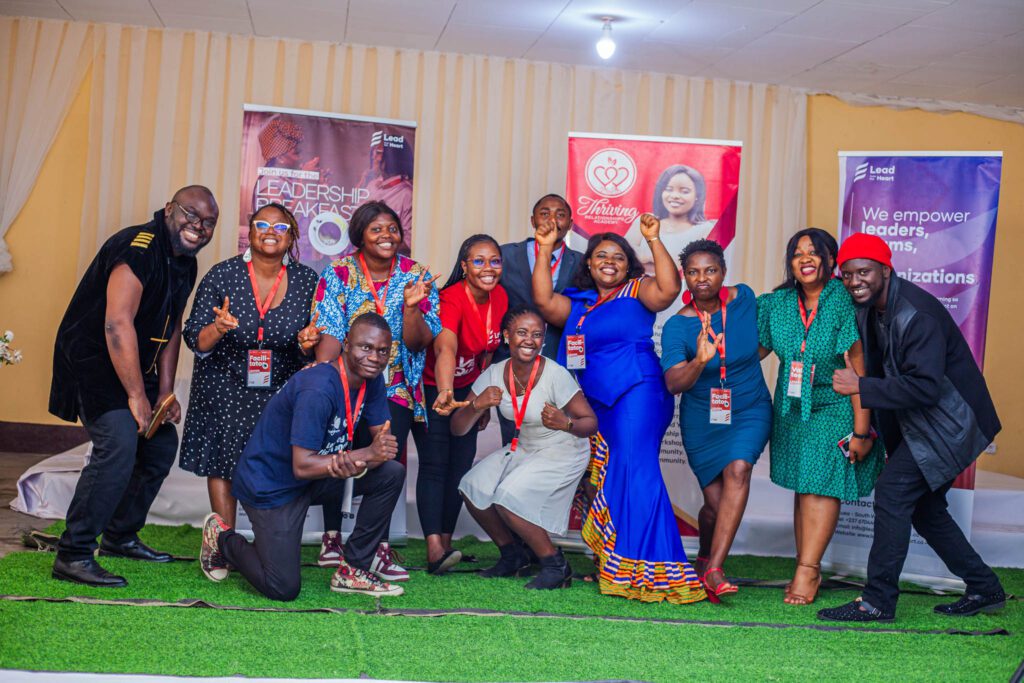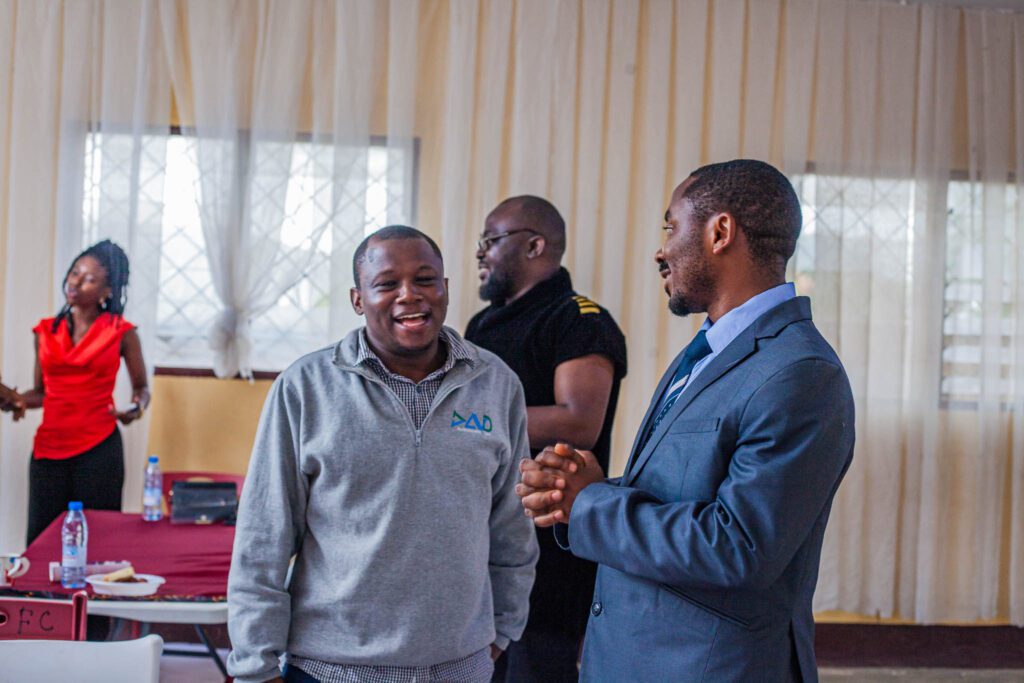Today, we go deeper, exploring the principles of cultural intelligence (CQ) to help you lead authentically and effectively, whether in Buea or on a global stage. In Cameroon’s vibrant mosaic—from the rhythmic kwe music of Bamenda to the communal meals of Douala—culture shapes how we lead. At Lead from the Heart, our May theme, Wisdom – Leading with Cultural Intelligence, draws on Kwame Nkrumah’s wisdom: “Culture is not an ornament; it is the foundation of all human values.” Cultural intelligence is the ability to adapt and thrive in diverse cultural settings. It’s built on four pillars: CQ Drive (your motivation to engage with cultures), CQ Knowledge (understanding cultural norms), CQ Strategy (planning for cultural interactions), and CQ Action (adapting your behaviour). In Cameroon, where over 250 ethnic groups coexist, CQ is vital. A leader in Limbe might use CQ Knowledge to respect Bakweri greeting rituals, boosting team morale. Globally, CQ Strategy helps you navigate a virtual meeting with partners in London, balancing directness with local tact. Let’s break it down. CQ Drive starts with curiosity. In Cameroon, this might mean learning a colleague’s dialect, like Ewondo, to build trust. Reflect: Are you open to cultural differences, or do biases creep in? Next, CQ Knowledge requires learning about cultural values. For instance, Cameroon’s communal ethos contrasts with individualistic Western styles. Study one cultural norm this week, like how “African time” prioritises relationships over punctuality, and adjust your approach, perhaps by scheduling flexible meetings. CQ Strategy is about planning. Before a team project, anticipate cultural dynamics. In Yaoundé, indirect feedback is common; globally, direct critique might dominate. Plan to blend both: offer praise publicly, as in Cameroonian tradition, but clarify expectations privately. Finally, CQ Action means adapting behaviour without losing authenticity. A Douala manager might host a team meal, echoing local customs, while adopting global tools like Slack for efficiency. Practice this: in your next interaction, tweak one gesture—maybe a warmer greeting—to align with your team’s culture. Globally, leaders like Indra Nooyi of PepsiCo used CQ to blend Indian empathy with corporate rigour, creating inclusive strategies. In Cameroon, apply this by honouring local practices, like consulting elders in decision-making, while meeting global deadlines. Challenges arise when CQ is ignored: miscommunication or disengaged teams. At our Strategic Offsite retreats (starting at 500,000 CFA), we guide leaders to master these principles through role-playing and workshops, fostering synergy. To apply CQ, start small. This week, identify one pillar to strengthen. Low on CQ Drive? Attend a cultural event in Bamenda. Need CQ Action? Practice active listening in meetings, a universal and Cameroonian virtue. Track your progress, noting how CQ shifts team dynamics. Our Leadership Breakfast (June 7, 2025, Buea, 10,000 CFA) will delve into CQ strategies—join us to learn more. Mastering CQ makes you a leader who bridges divides, creating workplaces where everyone thrives. In Cameroon’s diverse heart and the world’s complex markets, CQ is your path to lasting impact. Subscribe to our blog to receive these insights directly in your inbox and elevate your leadership journey. Loved this article? Share it on Facebook or LinkedIn using the button below to spark discussions about cultural intelligence. ©Silas Achu








